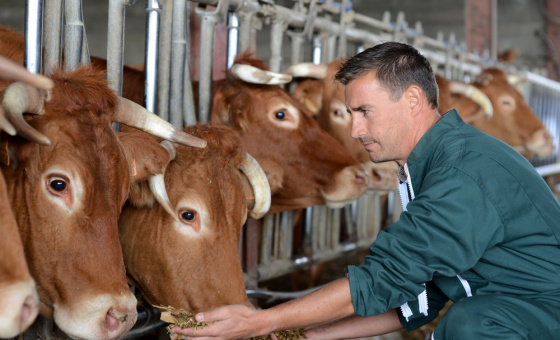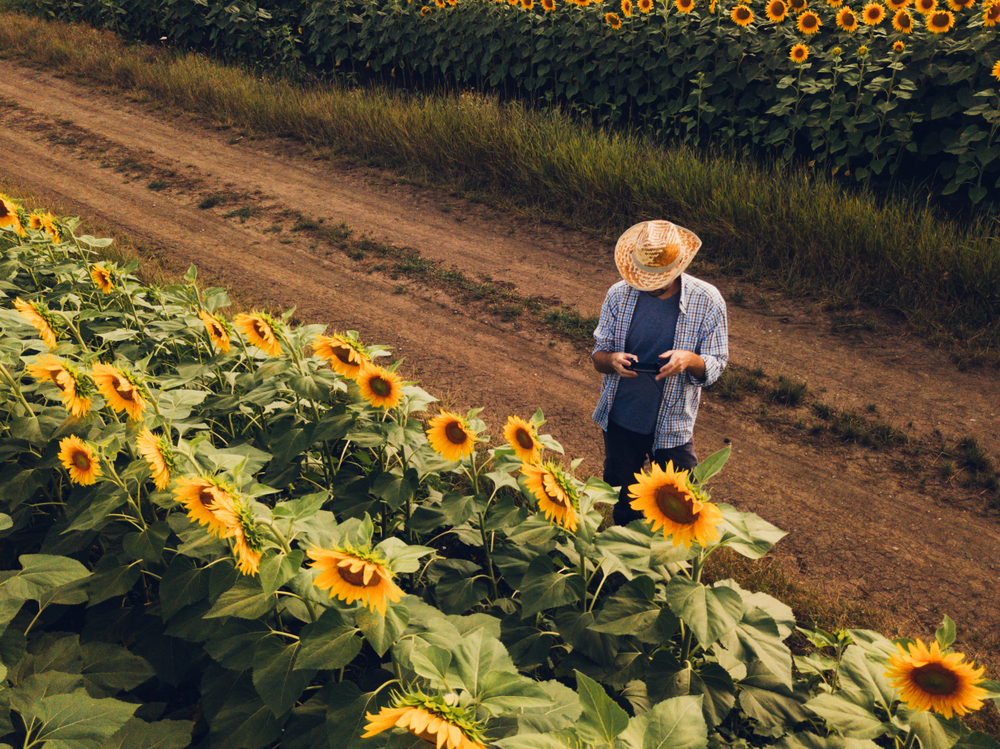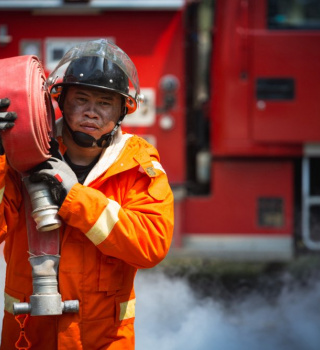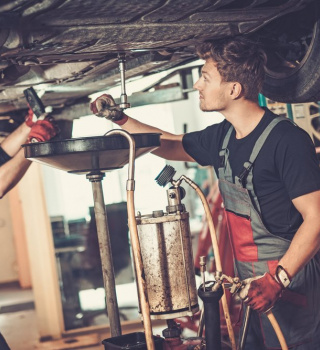
Description
Agricultural workers keep up crops and takes care of domesticated animals. They usually perform physical work and run all the machinery and equipment under the supervision of agriculturists, farmers, and other agricultural administrators.
Common Duties/Routines
Agricultural workers perform the following duties:
- Crop, nursery, and conservatory farmworkers handle various responsibilities identified with planting and reaping grains, vegetables, nuts, fruits and different crops. They plant the seed, trim it, give it water, reap, and pack and prepare the crops to dispatch.
- One more important task of farmworkers is to apply pesticides, herbicides, and manures to crops. They also fix the fences and some ranch gear when needed.
- Nursery and conservatory laborers prepare the land or nursery beds for growing agricultural items, for example, trees, plants, flowers, and turf. They also plant, water, trim, segregate, and spray the plants. They may cut, roll, and stack turf; stake trees; tie, wrap, and pack plants for shipment requests; and dig the field or move field-planted bushes and trees.
- Farm and livestock farmworkers care for domesticated animals, including cattle, sheep, goats, horses, poultry and different kind of edible fishes. These are normally raised to supply meat, wool, hides, plumes, eggs, milk, or nectar.
- These farmworkers give them food, flock, give them identifying brand marks, gauge, and load creatures. They also keep records of these domesticated animals; inspect them to identify if they have any illnesses and wounds; and regulate prescriptions, inoculations, or bug sprays for them.
- Many of these livestock specialists clean and keep up the territories where the domesticated animals are kept, they perform this function daily. On dairy farms, the task of the farmworkers is to run the milking machines.
- Agricultural hardware administrators utilize an assortment of ranch hardware to furrow and sow seeds and manage and reap the crops. They have a variety of options to perform their tasks with, they can use; tractors, manure spreaders, balers, joins, threshers, and trucks. These workers also run other machinery, for example, transport lines, stacking machines, separators, cleaners, and dryers. If needed, they also make alterations and minor fixes to the farm hardware.
- Domestic animal raisers utilize their knowledge into hereditary qualities and animal science to choose and breed creatures that will deliver offspring with demanded attributes and qualities. For instance, they breed chickens that lay more eggs, cows that create more slender meat, and sheep with more attractive fleece. Other livestock reproducers breed and raise rabbits, cats, and other family pets too.
- They keep point by point record of the domesticated animals to have a better understanding of when to breed and which animal to breed. they take notes of the animal's health, their size, weight, and the quality of the product they deliver. one more thing that adds up in their to-do list is to keep a check on the traits of their offspring too.
- Some animal breeders are kept at the farms to perform as an adviser or counsellor of the agriculturists, yet some of them breed and raise their very own domestic animals for trading or for future reproduction. Breeders also take care of animal's shelters; they mend and sanitize their housing, feed them, and take special care of their health.
Some other responsibilities include:
- Harvesting and examining the batches by hand.
- Providing water to the soil and keeping up trench or pipes and pumps.
- Running and supervising the farm's machinery.
- Applying manure or pesticides to control bugs, parasites, and weeds.
- Moving bushes, plants, and trees with handcarts or tractors.
- Taking care of domesticated animals, feeding them and cleaning and sanitizing their shelters, cages, yards, and cubbies.
- Examining the livestock to identify indications of diseases or wounds.
- Using brand marks, labels, or tattoos on animals to spot the ownership and grade.
- Herding animals to pastures for grazing or to scales, trucks, or different yards and fields.
- Making it sure that vaccination has been done to protect the animals from diseases.

Required/Trained Skills
- Agriculture workers must be able to adapt different kinds of weather changes. Their work is mostly based outside in a wide range of climate. Animal breeders often take trips from farms to farms to counsel their ranchers, farmers, and other agricultural directors about their domesticated animals.
- Agricultural works must be physically strong. Their work can be hard. To reap foods grown from the ground by hand, workers mostly bend and squat for long duration. Not only this, but they also lift and carry crops and farm equipment. This kind of work demands flexibility and fitness.
- Agricultural laborers use high amounts of pesticides on the farms, therefore exposing themselves to greater risks of catching a disease or infection. It is mandatory for all the agricultural workers that they have a good knowledge about safety precautions. Tractors and other ranch machines can cause serious damage, so workers must be always careful. Horticultural laborers who work specifically with animals have a chance of being bitten or kicked by the animals. No matter in which agricultural department they work, they should always be alert.
- They must be familiar of travelling, and should understand their nature of work and its cons. Some agrarian laborers, known as migrant farmworkers, move from area to area as harvests mature. Their agitated ways of life and periods of joblessness between different tasks can cause pressure and depression.
- Agricultural workers usually get on-the-job training. Many don't even have to bother with a secondary school diploma before they start working as most of their works is based on skills rather than book-learning. However, Animal breeders usually require a secondary school certificate and previous work experiences. As they have to deal with matters regarding genetics and animal science, therefore, decent amount of knowledge is needed.
- They must know how to deal with livestock. Farm laborers might be promoted to animal breeding after they turn out to be more acquainted with animals and learn how to deal with domesticated animals.
- Agricultural workers come from different rural areas, therefore to learn a common language which everyone can understand, is a plus point of agriculturists. Agricultural laborers may progress to group leader position or other supervisory positions if they have a command on more than one languages.
- Some rural laborers have a desire to become agriculturists, farmers, or agrarian directors or to possess their own fields and farms. Therefore, to increase their chances of getting a seat in the agricultural department, the maximum someone can do is to earn a professional degree in agricultural sciences or food sciences.
Some of the other must-have qualities for an agricultural worker include:
- Adroitness. Agricultural specialists require superb dexterity to gather crops and run cultivating machinery.
- Listening skills. Agrarian specialists need to coordinate with other people. Since they take guidelines from ranchers and other farming directors, viable listening skills are mandatory.
- Physical stamina. Agrarian specialists should have the capacity to perform arduous errands over and over.
- Physical quality. Agrarian labourers must be solid enough to lift heavy objects, including equipment and yields.
Mechanical abilities. Agrarian laborers must have the ability to run complex farm machinery. They must also have knowledge about maintaining and repairing the machinery whenever it is needed.
Вештине 4
Вештине
ТЕШКЕ ВЕШТИНЕ
- Veterinary skills
- Biology knowledge
- Chemistry knowledge
- Special vehicle driving


